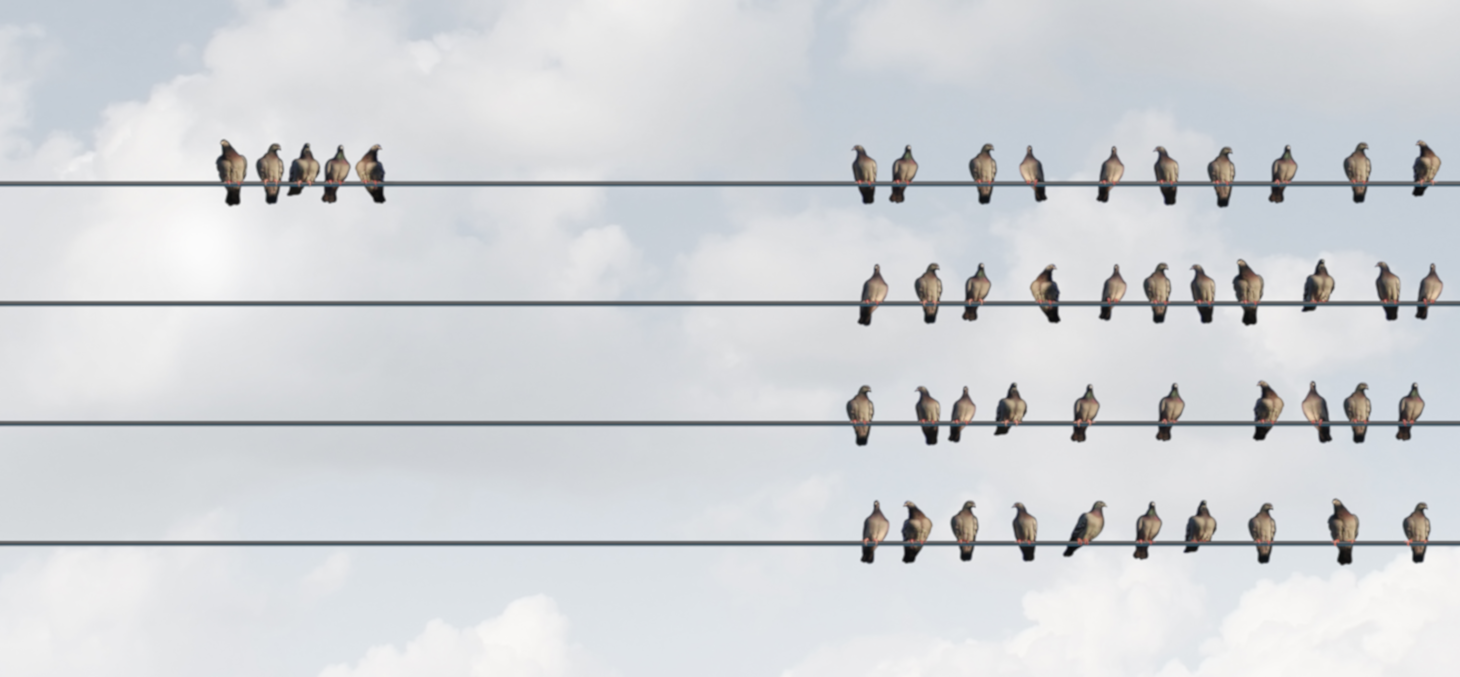- Share
- Share on Facebook
- Share on X
- Share on LinkedIn
Séminaire, Séminaire international
On November 22, 2018

The Power of the Past
Giulano TORRENGO
Université de Milan (Italie)
The Power of the Past
Jeudi 22 novembre de 10h30 à 12h
Salle B1, bât. ARSH
Unjustified discrimination is a social phenomenon which seems to be widespread across different societies and cultures. Examples of what may be called “discriminatory stances” concerning race, class, gender, and sexual orientation are not difficult to individuate within western contemporary societies — both in the informal sphere and in the institutional contexts. Discrimination often originates (and is reinforced) in “diffuse” ways, in which individual responsibilities become difficult to track. In this presentation, I will discuss the hypothesis that practices and stances with discriminatory import are effective in virtue of the authority that comes from a shared past and its social profile (i.e., the way it is collectively viewed). Interestingly, the point bears similarities with recent discussions on the role of common ground and audience responsibility in hate speech. More speculatively, it also helps to elucidate certain differences between social and institutional Interactions.
Date
- Share
- Share on Facebook
- Share on X
- Share on LinkedIn